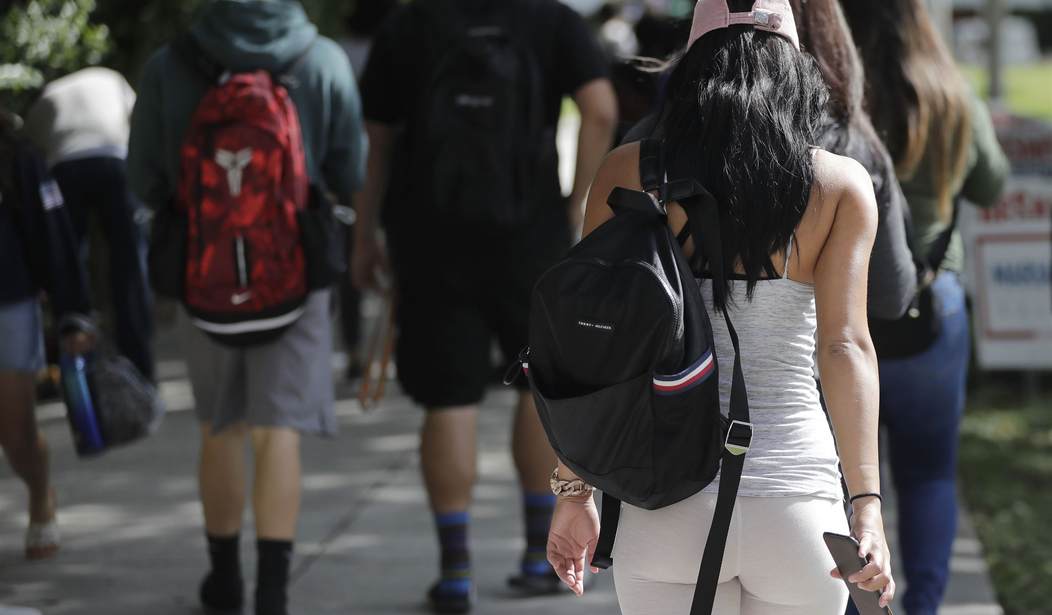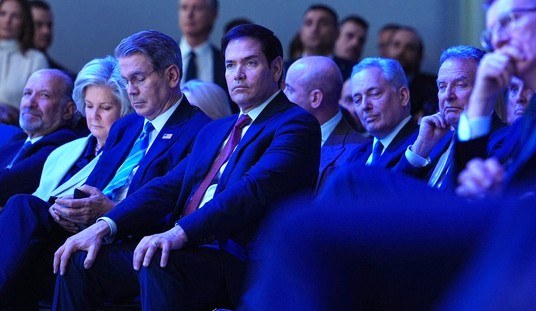The enrollment and financial woes of the State System of Higher Education (PASSHE) are well known. And fixing the mess will be a monumental challenge, concludes an analysis by the Allegheny Institute for Public Policy.
The 14-school system’s enrollment has plunged by 21 percent from its 2010 peak of 119,513 students. But while the student census has, on net, fallen precipitously, commensurate reductions in faculty, other staffing and standalone institutions that kept costs unacceptably high were not considered.
Until recently, that is.
The terrible financial picture at PASSHE reflects two major causes, notes Jake Haulk, president-emeritus of the Pittsburgh think tank.
“Obviously, the drop in enrollment in the absence of reductions in overall spending over the past few years produces higher per student costs,” he writes (in Policy Brief Vol. 20, No. 43).
“The second cause has been the power of the faculty union (and no doubt other unions as well) to continue driving ever higher salaries and other compensation despite falling enrollment.”
Additionally, massive increases in obligations to retirees (outside of pensions) have driven liabilities and funding requirements sharply higher.
“Then, too, faculty unions have usurped management prerogatives in assignments, hiring and dismissals, making for more inefficiencies and higher costs,” the Ph.D. economist says.
This past July, the state General Assembly passed legislation that finally recognized the precarious situation facing PASSHE and, in particular, schools that have seen such large enrollment drops.
Recommended
While the legislation empowers PASSHE’s board of governors to make dramatic changes, including mergers and consolidations of programs, it is not carte blanche permission to act without input from the stakeholders, legislators, and the affected communities.
As it now stands, a pair of mergers has been proposed – Edinboro, Clarion, and California along with the union of Lock Haven, Mansfield, and Bloomsburg.
PASSHE Chancellor Daniel Greenstein says the goal of the mergers is to share a single administration, a combined management enrollment strategy, faculty and staff and to offer common academic programs.
Which will be easier said than done, of course.
“There is already pushback from the faculty union, local community homes of the schools and from legislators,” Haulk says. “No doubt students and alumni groups will be heard from as well.”
But beyond the predictable political and emotional objections and possible legal roadblocks from unions, Haulk says there are some very real operational and cost concerns regarding underlying realities at the schools, from out-of-whack student-teacher ratios to basic academic performance, among others.
“Finally, whatever form the mergers take, it will need to consider the impacts on the eight non-merging PASSHE schools,” Haulk says. “Indeed, it might be necessary to rethink the entire system in terms of degree program offerings as well as student-faculty ratios and academic performance at the schools not involved in mergers.”
But the bottom line is that long overdue action must be taken to deal with the State System’s surging costs and tanking enrollment over the last decade.
“Perhaps other schemes for consolidation will emerge that are more palatable to the stakeholders and easier to carry out,” Haulk concludes. “Still, without doubt, the task of completing the mergers and being ready for fall 2022 is a daunting challenge given its complexities and the obstacles it will face.”
Colin McNickle is communications and marketing director at the Allegheny Institute for Public Policy (cmcnickle@alleghenyinstitute.org).

























Join the conversation as a VIP Member